The study aims to analyse the impact of Luther's theology on his thoughts about music. It limits itself to an analysis of the topic by focusing on the three most important statements of Luther about music in his unfinished treatise Περι της μουσικης [On Music]. The first statement is that music is "a gift of God and not of man" [Dei donum hominum est], second, music "creates joyful soul" [facit letos animos], and third, music "drives away the devil" [fugat diabolum]. The relation between these three statements to each other and to Luther's theology in general can be understood in connection with his personal experiences and commitments to music, which were undergirded by his theology. Luther, as a man of medieval times, took for granted the existence of the devil, and many of his writings contained frequent references to the personal attacks of the devil, where it influenced his thoughts about music.

Melanchthon und die Reformierte Tradition
book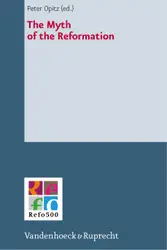
The Myth of the Reformation
book
Calvin and Luther: The Continuing Relationship
book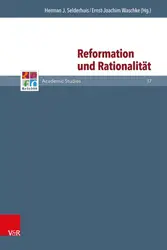
Reformation und Rationalität
book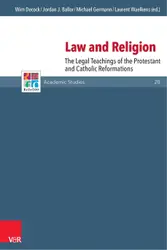
Law and Religion : The Legal Teachings of the Protestant and Catholic Reformations
book
Die Präsenz Christi im Amt : Am Beispiel ausgewählter Predigten Martin Luthers, 1535–1546
Jonathan Mumme
book
Preparing for Death, Remembering the Dead
book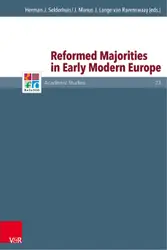
Reformed Majorities in Early Modern Europe
book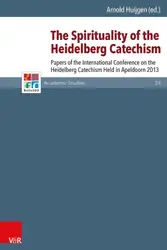
The Spirituality of the Heidelberg Catechism : Papers of the International Conference on the Heidelberg Catechism Held in Apeldoorn 2013
book
Latomus and Luther : The Debate: Is every Good Deed a Sin?
Anna Vind
book
Underground Protestantism in Sixteenth Century Spain : A Much Ignored Side of Spanish History
Frances Luttikhuizen
book
Lutheran Theology and the shaping of society: The Danish Monarchy as Example : The Danish Monarchy as Example
book

